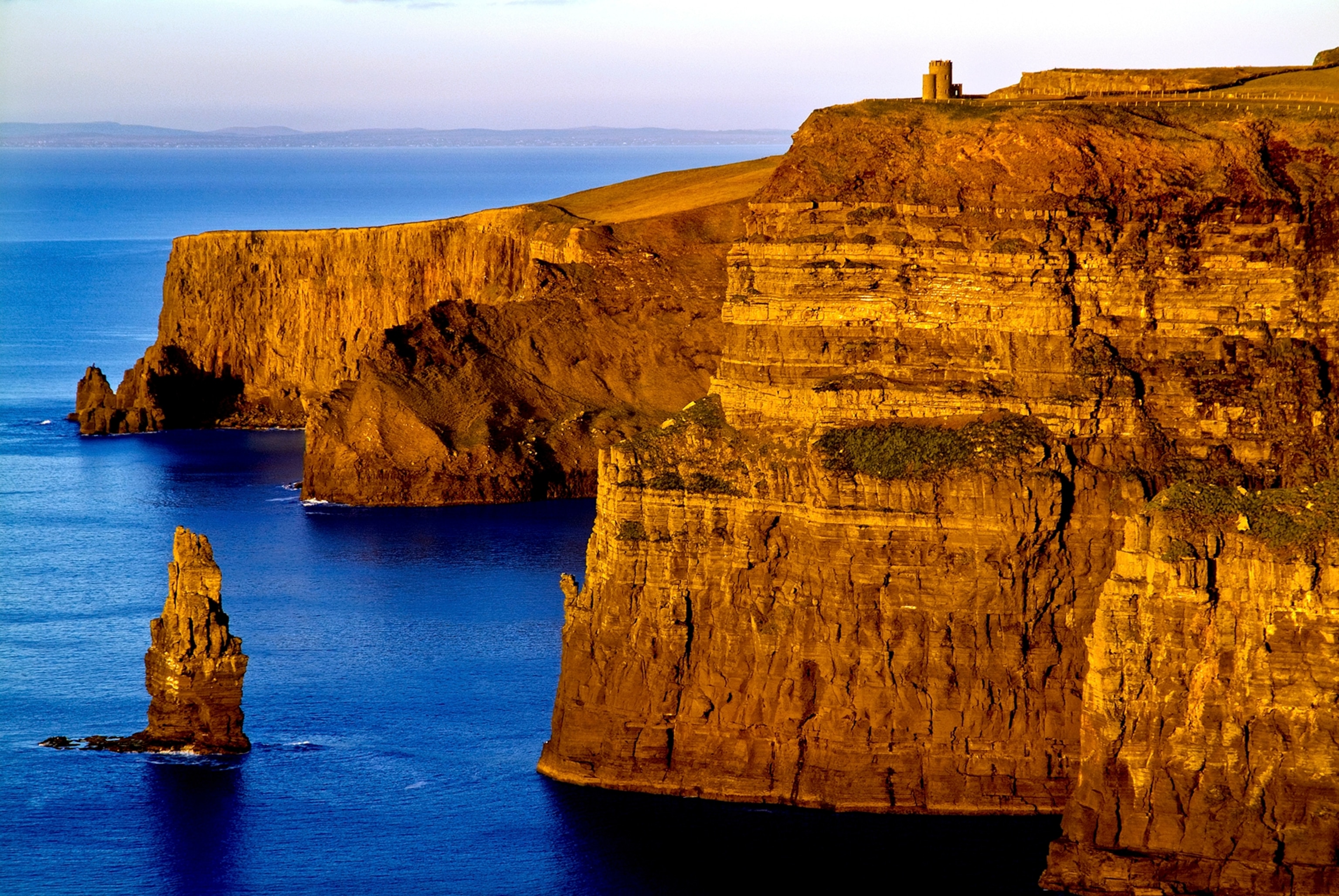
World Legacy Awards 2016
National Geographic Traveler recognizes leaders in sustainable tourism for 2016.
“Tourism is like fire. Out of control, it can burn your house down. But if you harness that energy, you can cook your food with it.” With those words, we launched the World Legacy Awards in 2002.
Our goal was a simple one: Applaud, support, and raise the bar for nations and travel companies in the vanguard of sustainable tourism, at the time an emerging concept based on safeguarding the world’s natural and cultural treasures for future generations.
Those early ideas gave rise to a travel philosophy that continues to redefine how we explore the planet. Among the initiatives recognized in these profiles of the 2016 winners are a grassroots organization that is empowering village women as conservation leaders and a Maori tour company that is helping travelers understand New Zealand’s indigenous heritage. Our winners prove that a great holiday also can make the world a better place.
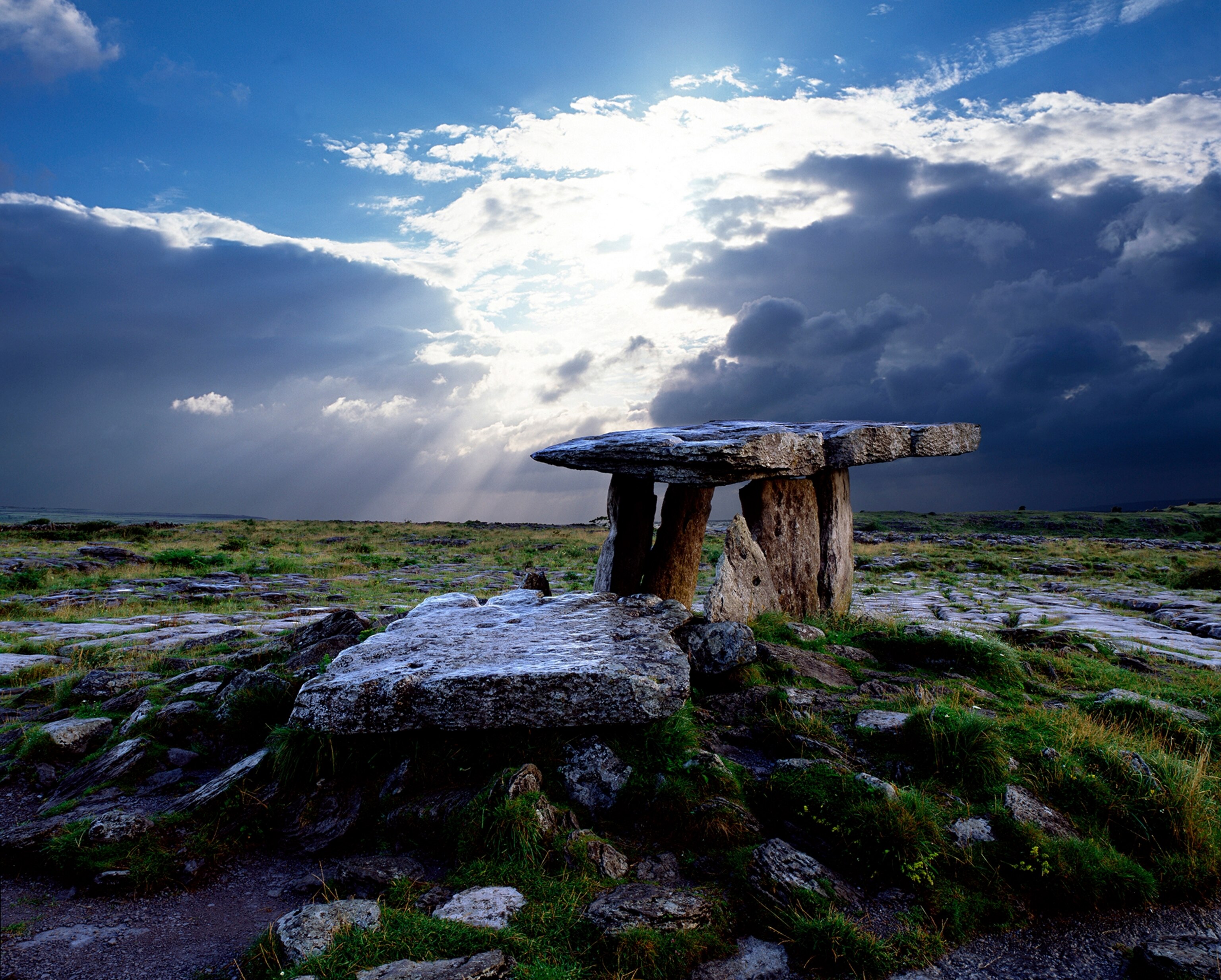
Destination Leadership—places that demonstrate environmental, cultural, and community best practices
WINNER: Burren and Cliffs of Moher Geopark, Ireland
It’s a common problem in many parts of the rural world: Once thriving villages become economic backwaters as business opportunities shift from the countryside to urban centers. That’s what the project known as the Burren and Cliffs of Moher GeoparkLIFE set out to change in County Clare, on Ireland’s Atlantic coast, a place dotted with farms, villages, and walking trails.
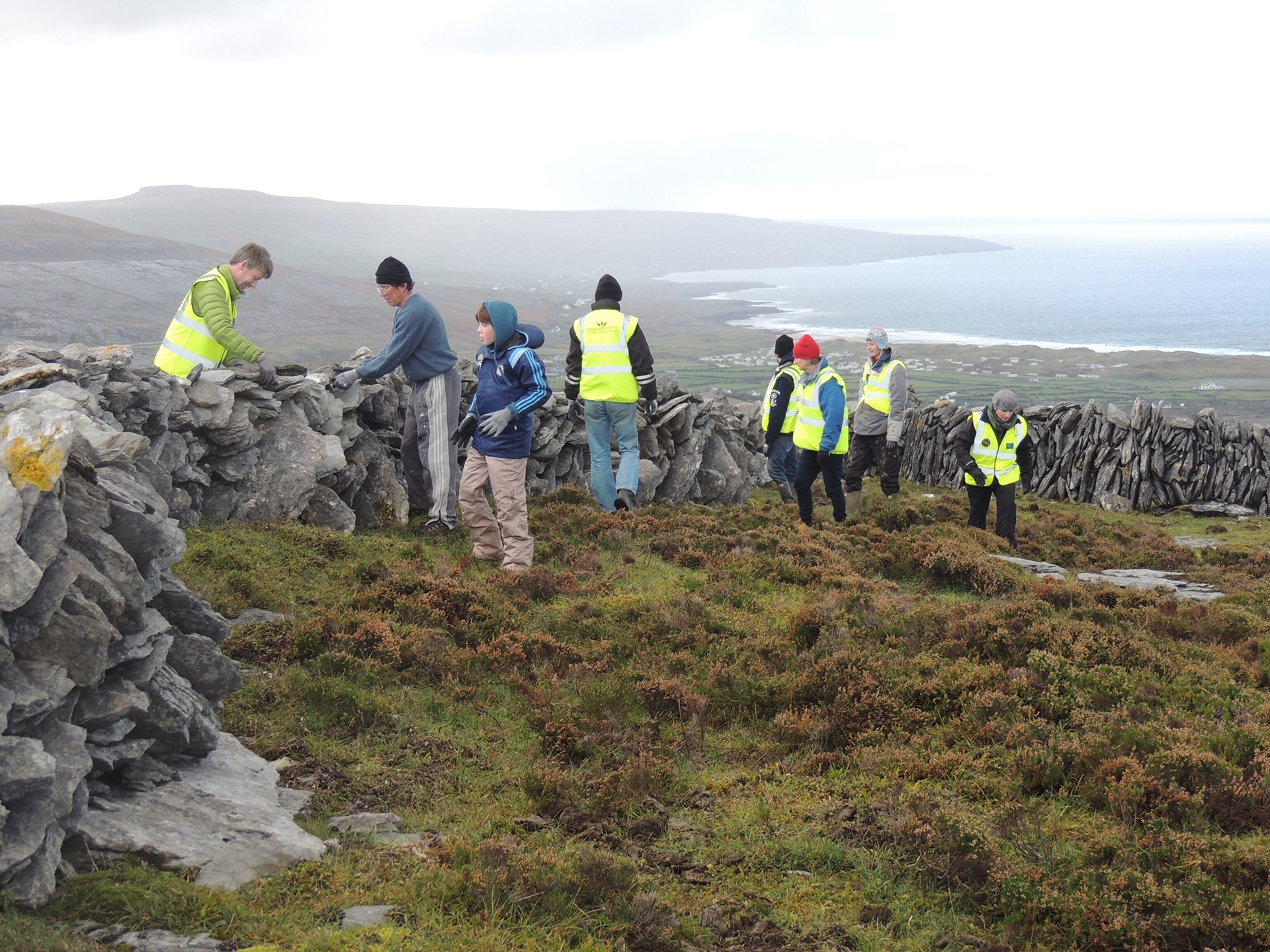
“By developing a destination-wide partnership with the Burren Ecotourism Network, we’re bringing communities, businesses, and municipal authorities together to create a sustainable future for our rural way of life,” says Geopark manager Carol Gleeson, who grew up on a nearby farm.
Key to the project’s success: ensuring that the Cliffs of Moher, soaring 650 feet above crashing waves, are not just photo ops for day-trippers. Attractions such as the Burren Outdoor Activity Trail and the Burren Food Trail—featuring food producers and culinary artisans, and a winner of a 2015 European Destination of Excellence award for local gastronomy—now have more travelers spending more time in this scenic region.
Runners-up: Destination Røros, Norway, and Travel Oregon, U.S.A.

Earth Changers—leadership in environmentally friendly business practices and technologies
WINNER: Mission Hills Resorts, China
Among China’s city dwellers, they’re called “breathers”—vacations focused on nature and clean air. Mission Hills offers both at its three resort complexes. “We want to be the positive change in China that we believe is needed for a greener future,” says Ken Chu, the young chairman of Mission Hills, who is part of a growing Chinese environmental movement.
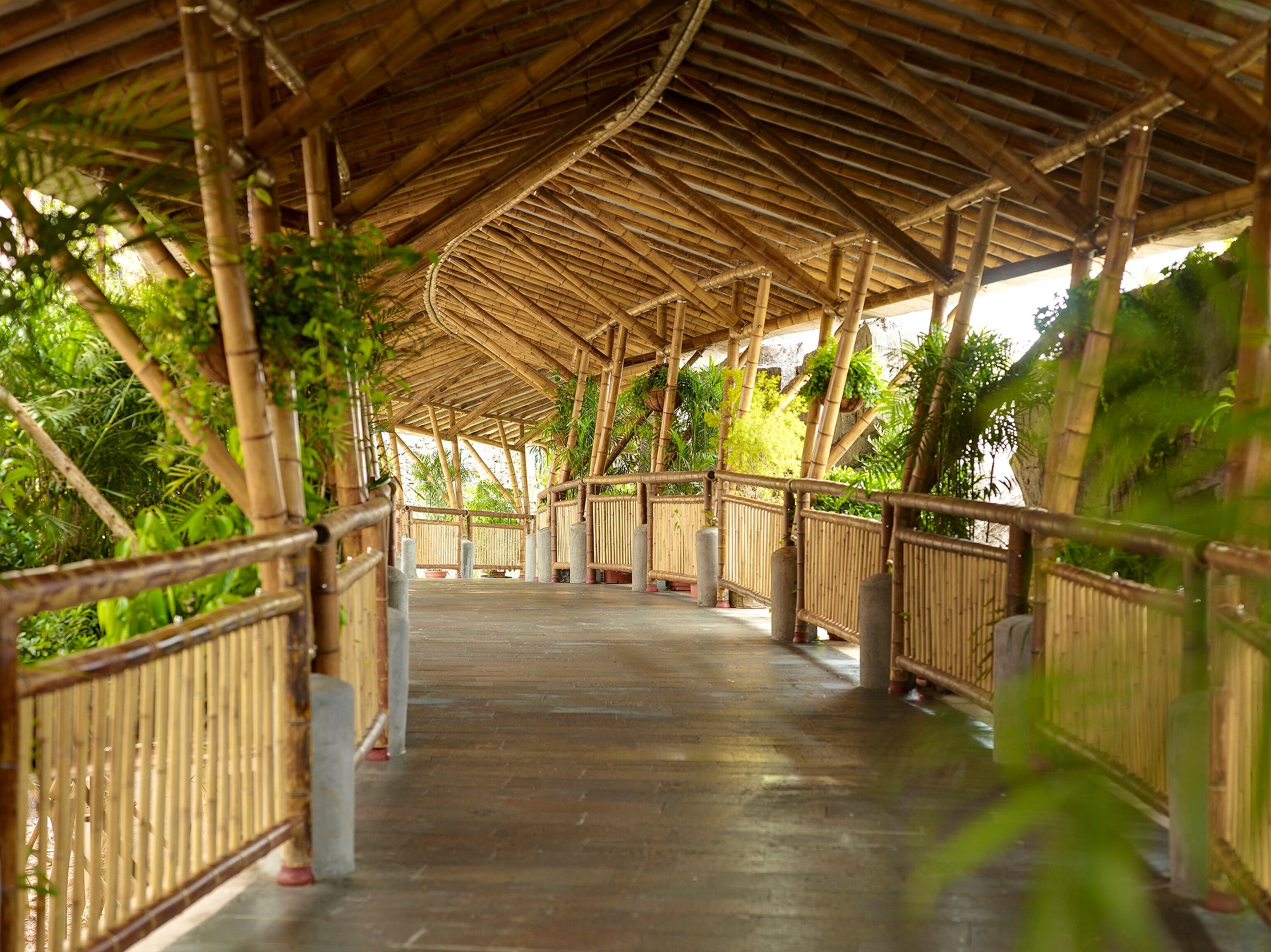
The flagship property, Mission Hills Haikou, on the tropical island of Hainan, features ten golf courses certified by the Golf Environmental Organization, stands of lychee trees that golden birdwings (China’s largest butterfly) call home, an Eco-Heritage Trail that meanders past a 300-year-old archaeological site, and an Eco-Diversity Trail featuring native species.
Also here: a high-tech field station that monitors air quality and climate-change impacts, and more than 50,000 native trees transplanted to help restore a deforested ecosystem. Other Mission Hills highlights include Eco-Learning Centers promoting awareness of biodiversity, and a Green Manual for guests with suggestions on how to live a more sustainable life at home.
Runners-up: Laguna Lodge Eco-Resort and Nature Reserve, Guatemala, and Inspira Santa Marta Hotel, Portugal
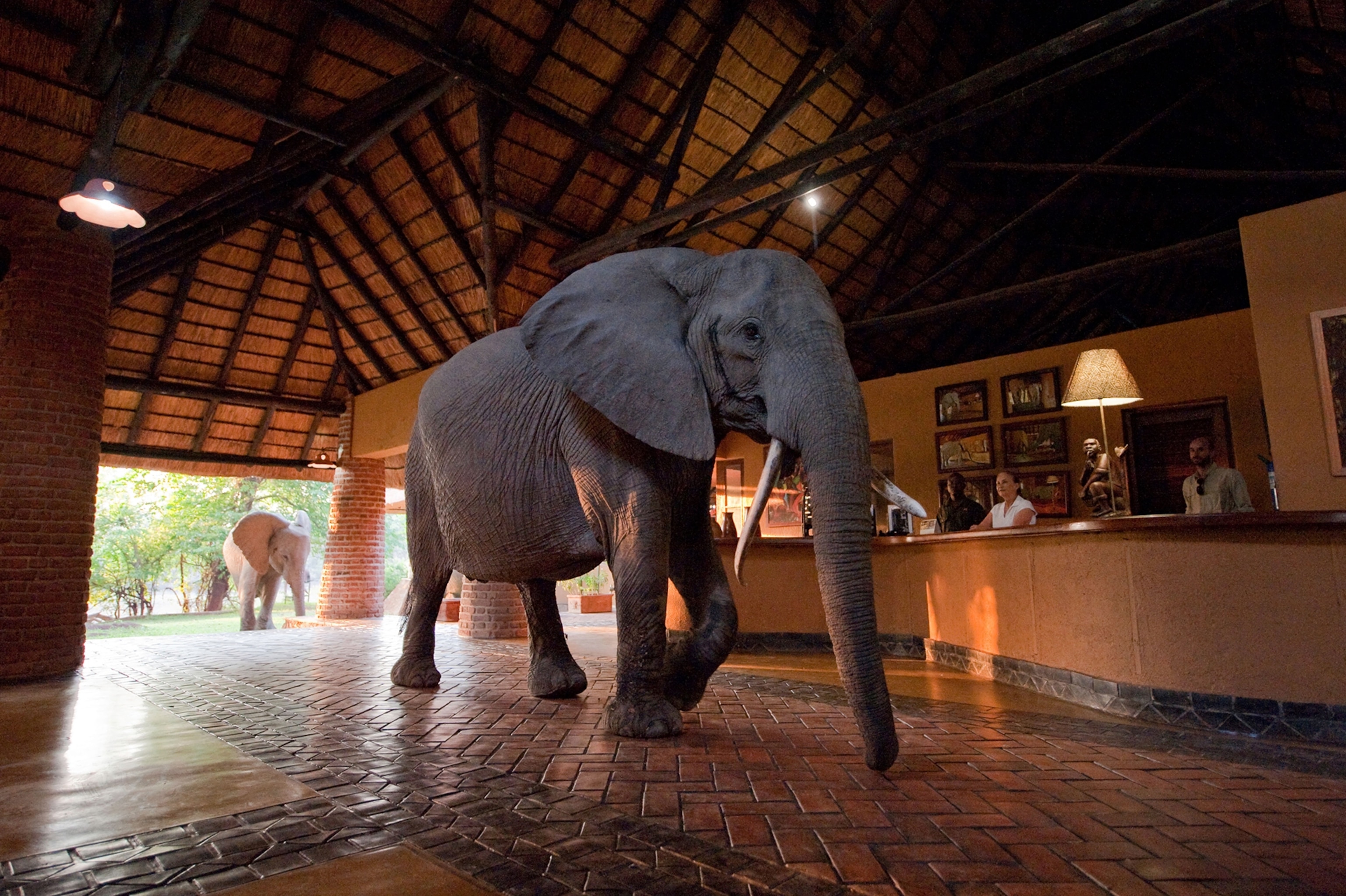
Engaging Communities—promoting economic and social benefits that directly improve local livelihoods
WINNER: The Bushcamp Company, Zambia
One of the most important lessons to emerge from decades of conservation in Africa is that unless the people who live closest to wildlife become allies in protecting endangered species, lasting conservation is elusive. Enter the Bushcamp Company, which operates Mfuwe Lodge and six safari camps in South Luangwa National Park, a vast haven offering some of the continent’s most spectacular wildlife experiences.
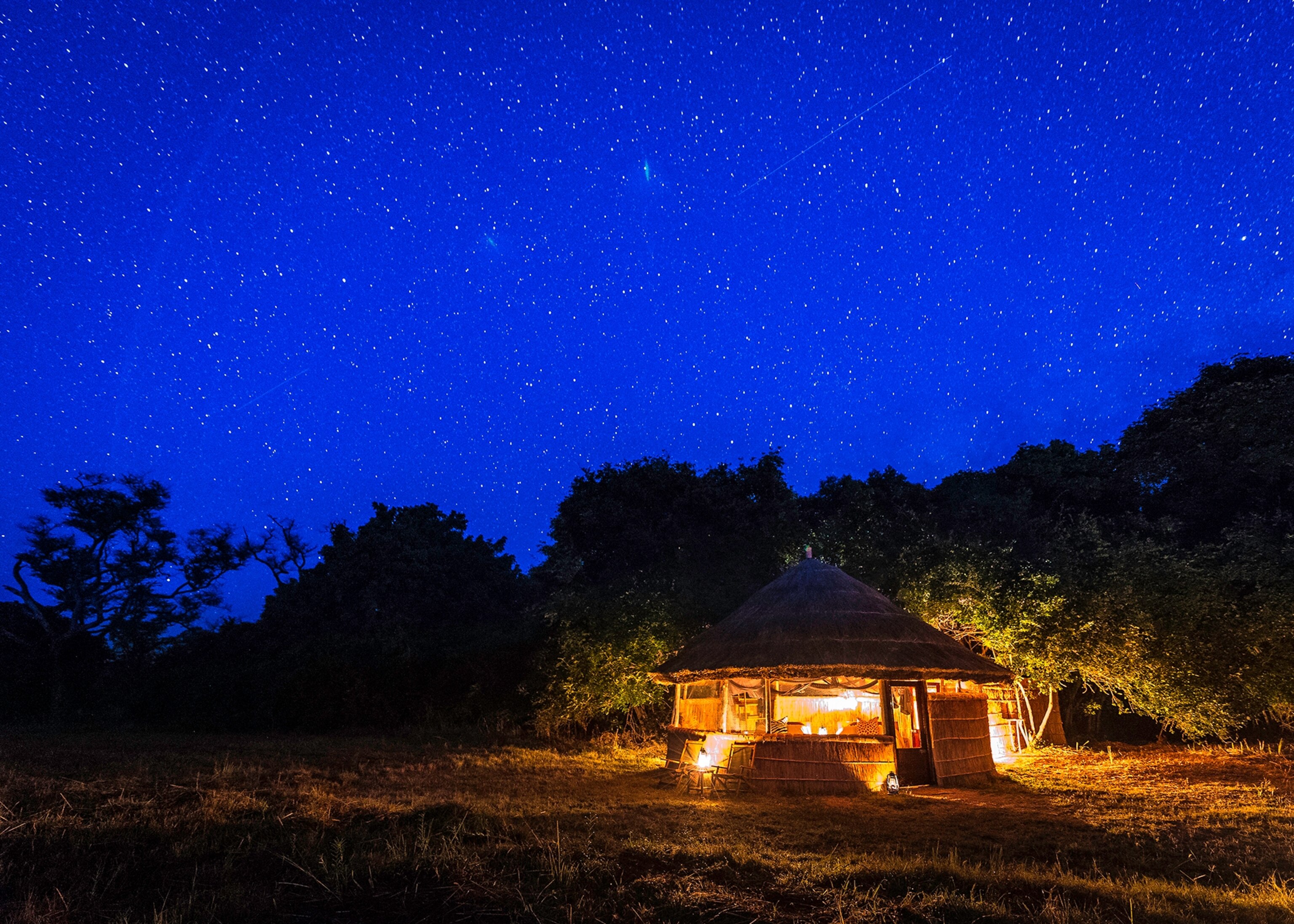
“Tourism plays a huge role in protecting nature in Zambia,” says managing director Andy Hogg. “We do that by working with villagers to provide jobs, build schools, and improve rural livelihoods.”
Bushcamp, the area’s largest employer, pumps more than $300,000 yearly into conservation and community development, including on-the-job training, scholarships for 350 students, 3,000 anti-malaria bed nets, and a daily meal for 1,600 schoolchildren (within a year their exam pass rate rose from 53 percent to 91 percent as teachers reported increased attendance). Bushcamp also donates funds to the South Luangwa Conservation Society to support its anti-poaching patrols.
Runners-up: Grootbos Green Futures Foundation, South Africa, and Abercrombie & Kent Philanthropy, U.S.A.

Sense of Place—excellence in enhancing sense of place and authenticity; support for indigenous traditions
WINNER: Time Unlimited Tours, New Zealand
The best way to understand indigenous culture is to travel with companies owned by indigenous people. Meet Ceillhe Tewhare Teneti Hema Sperath, who, with her husband, Neill, founded TIME Unlimited Tours in 2005. The name is an acronym for the company mission, To Integrate Maori Experiences, says Sperath, herself a descendant of two Maori chiefs who signed the 1840 Treaty of Waitangi, New Zealand’s founding document.

“It is very important for us to represent the intergenerational vision our ancestors had to be the kaitiaki [guardians] of this special place we call Aotearoa, also known as New Zealand,” she explains.
The Speraths want to share Maori culture through personalized journeys in New Zealand’s mystical landscapes, including the Waitakare Ranges and Rotorua’s geothermal pools and geysers. Their approach has earned TIME Unlimited the country’s highest certification for environmental and social responsibility. “We create experiences that help travelers understand our tribal legends as living legacies,” Sperath says, “a sense of place we call home.”
Runners-up: CGH Earth Experience Hotels, India, and Tierra Patagonia Hotel & Spa, Chile
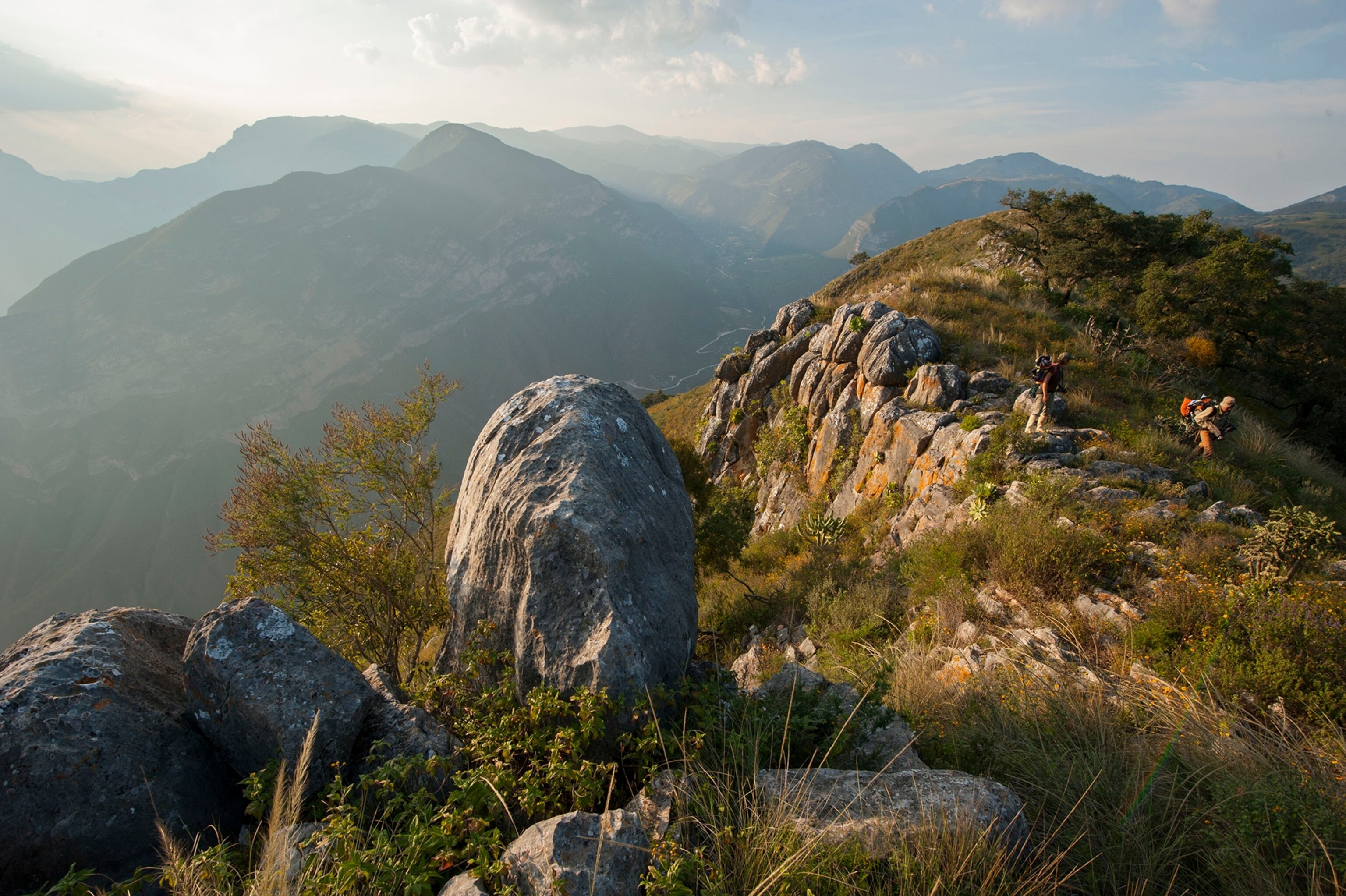
Conserving the Natural World—preserving nature, restoring habitats, and protecting rare and endangered species
WINNER: Grupo Ecológico Sierra Gorda, Mexico
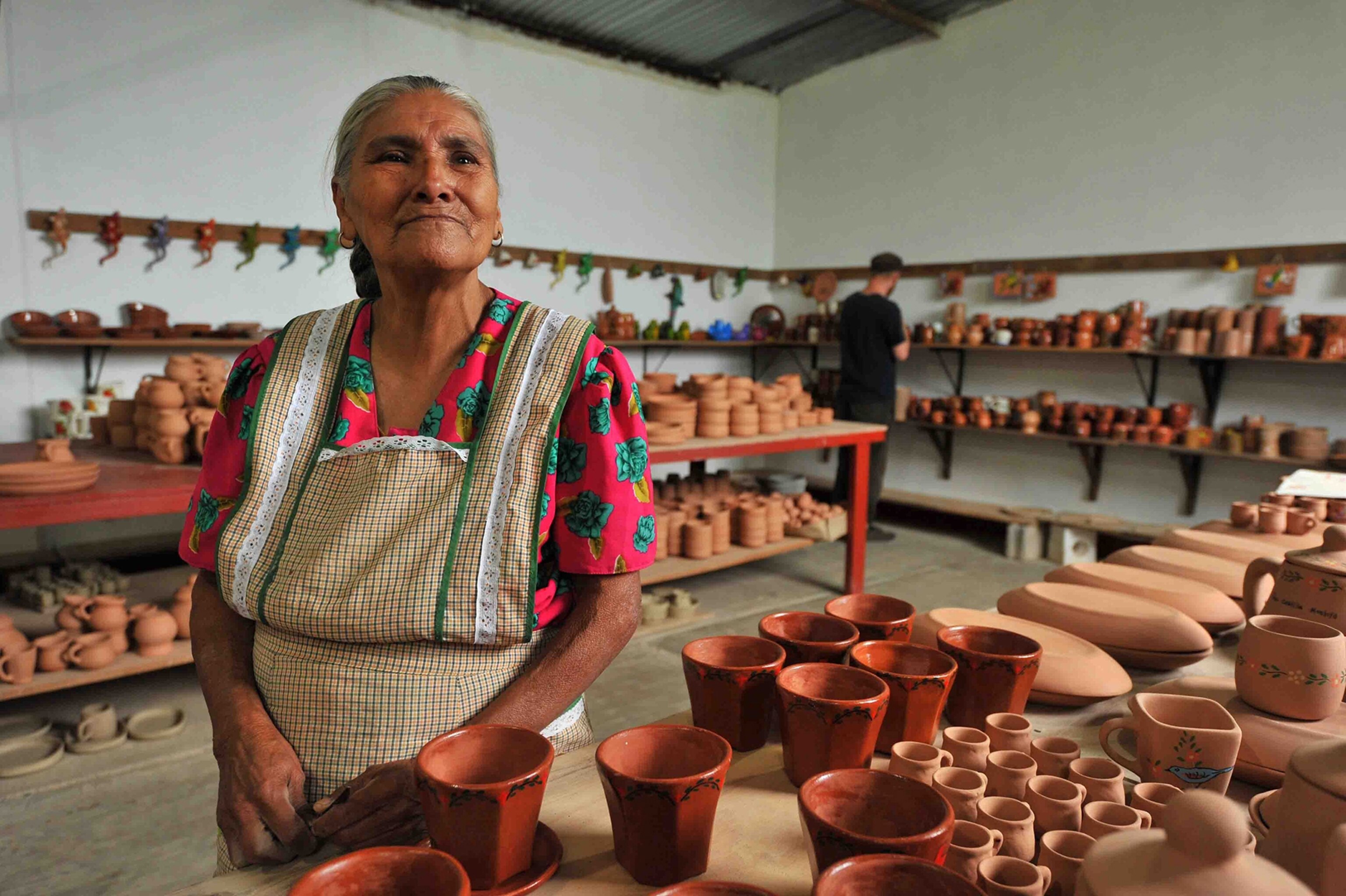
For 29 years Grupo Ecológico Sierra Gorda, a grassroots nonprofit organization, has worked to protect one of the world’s loftier biodiversity enclaves—the Sierra Gorda, a lush mountain region some four hours’ drive north from Mexico City—by building a “conservation economy.”
Much of what the group does “focuses on improving the daily lives of women, so that they become the voice of conservation in their communities,” says Martha Isabel Ruiz Corzo, the director. “This has created a network of 83 small ecotourism businesses, many led by village women who previously struggled in poverty.”
Grupo Ecológico Sierra Gorda also aided the establishment of the 950,000-acre Sierra Gorda Biosphere Reserve, home to diverse ecosystems—including Cuatro Palos, where forest and desert meet, and Sótano del Barro, a massive sinkhole where endangered macaws nest—as well as the Franciscan Missions World Heritage site. Travelers see the conservation economy at work among local outfitters offering hiking and other excursions, and artisans such as Doña Dorotea, who runs a pottery studio.
Runners-up: Arkaba by Wild Bush Luxury, Australia, and Elephant Hills Company Ltd., Thailand
Partners and sponsors include ITB Berlin, the Botswana Tourism Organization, Adventure World, and the TreadRight Foundation.